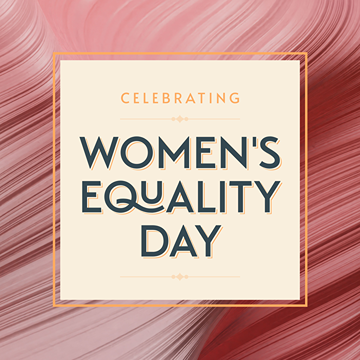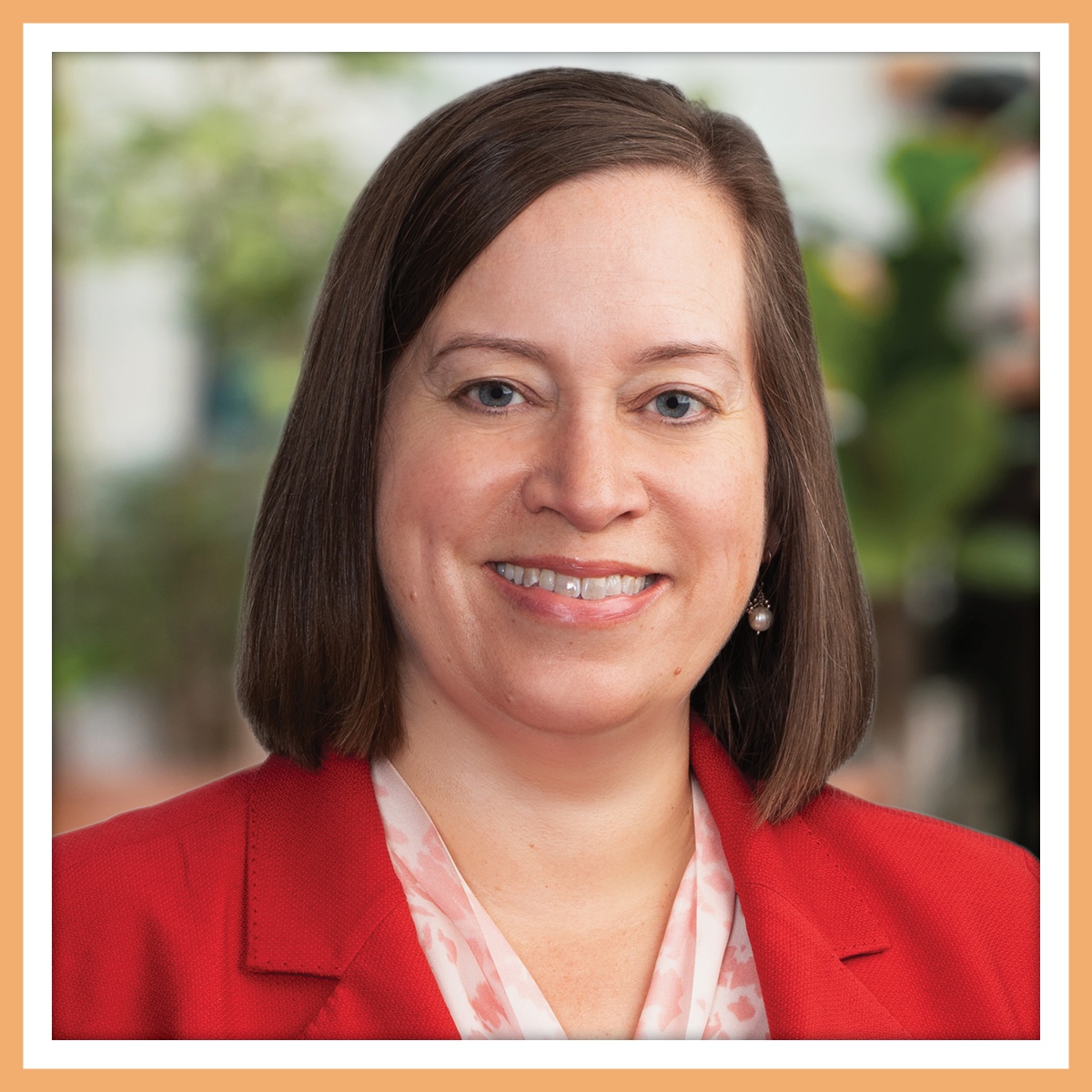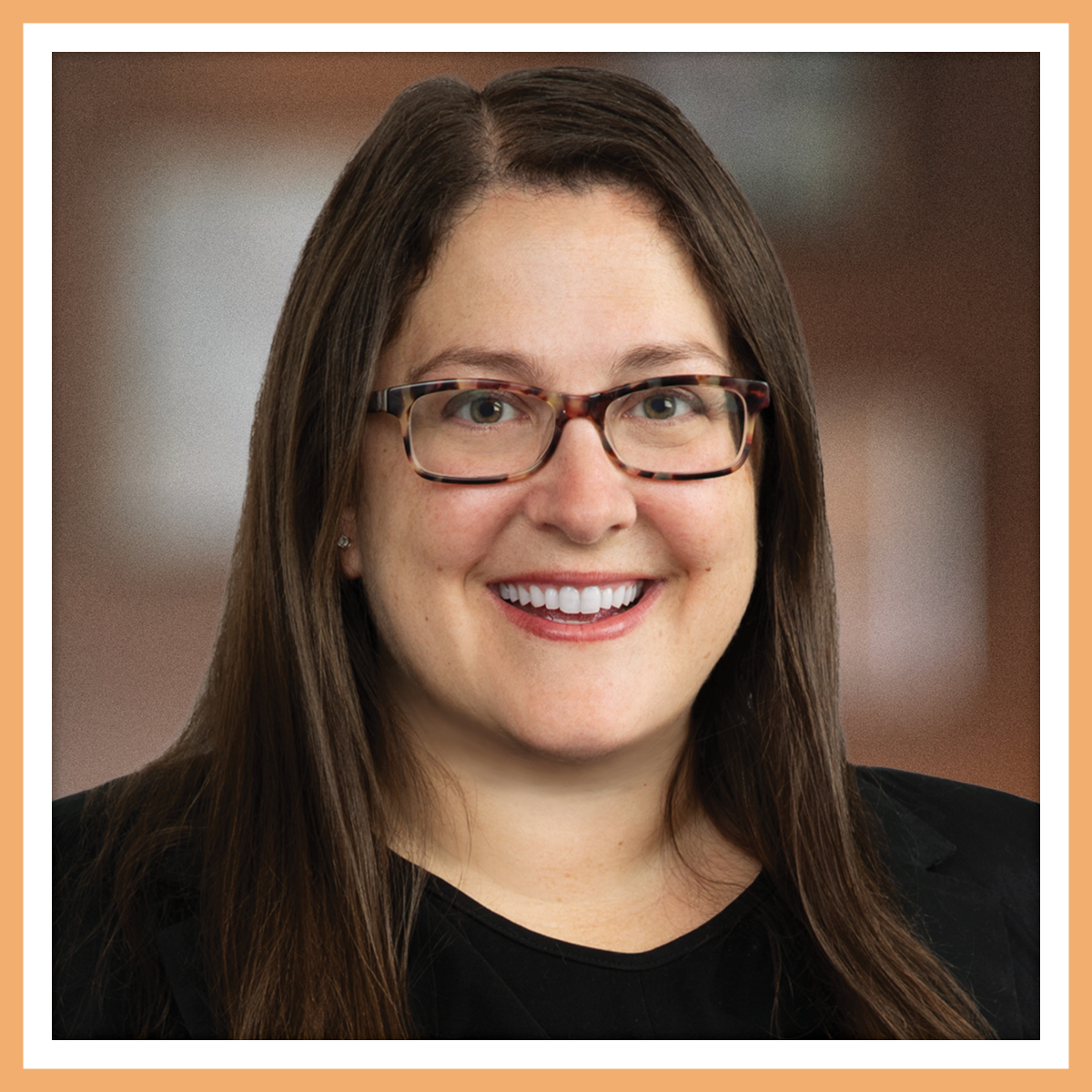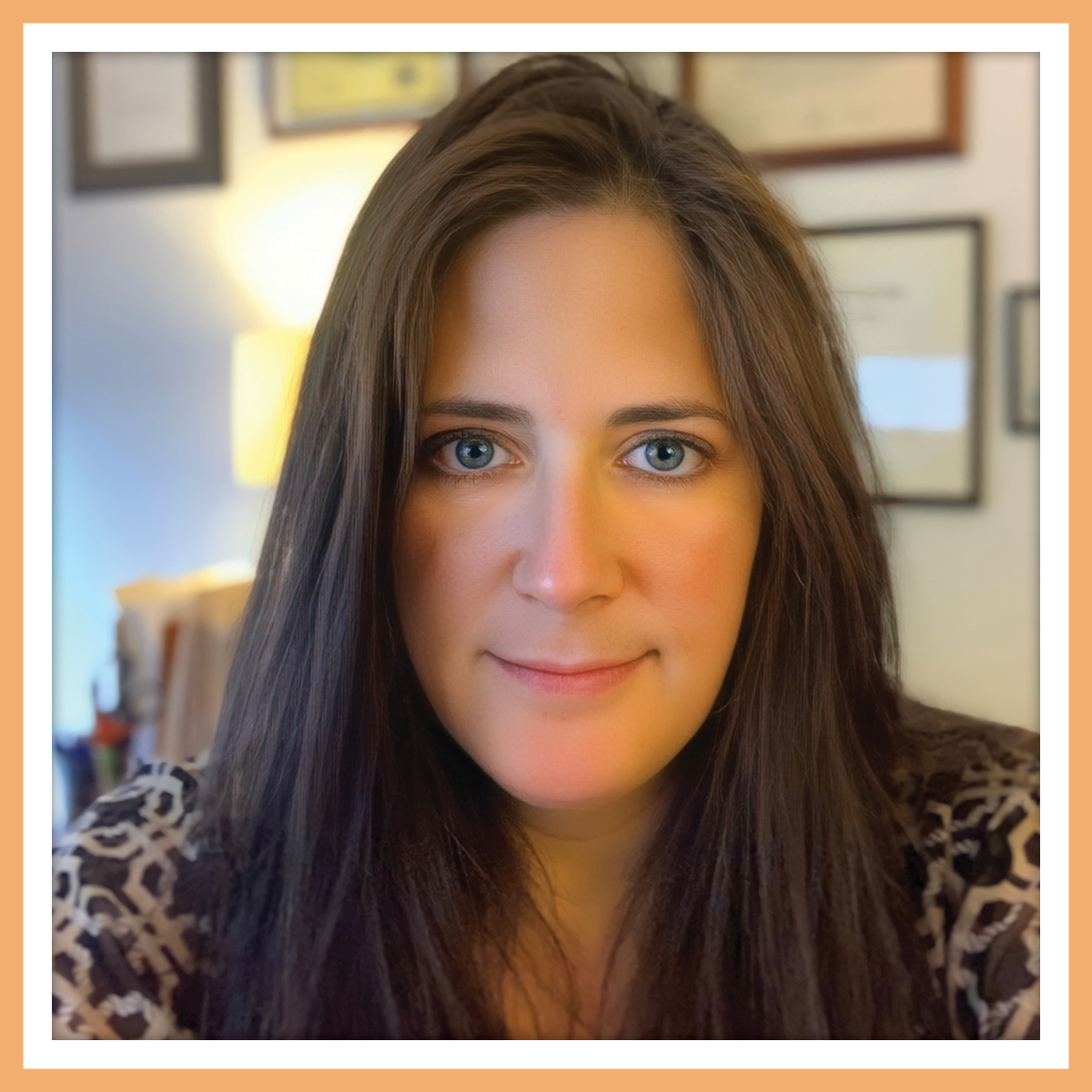 In 1973, U.S. Congress designated August 26th as Women’s Equality Day to commemorate the 1920 certification of the 19th Amendment to the Constitution, which granted women the right to vote. This was the culmination of a massive, peaceful civil rights movement by women that had its beginnings more than a century earlier in 1848 at the world’s first women’s rights convention in Seneca Falls, New York. The observance of Women’s Equality Day not only commemorates the passage of the 19th Amendment but also signifies women’s continuing efforts toward equality for all.
In 1973, U.S. Congress designated August 26th as Women’s Equality Day to commemorate the 1920 certification of the 19th Amendment to the Constitution, which granted women the right to vote. This was the culmination of a massive, peaceful civil rights movement by women that had its beginnings more than a century earlier in 1848 at the world’s first women’s rights convention in Seneca Falls, New York. The observance of Women’s Equality Day not only commemorates the passage of the 19th Amendment but also signifies women’s continuing efforts toward equality for all.
At Foster Garvey, we celebrate Women’s Equality Day by recognizing the great strides that women have made throughout history and the continued progress taking place every day. Women’s Equality Day also serves as a reminder of the value of leaning into our differences and welcoming varied perspectives to promote a spirit of belonging. Three women leaders at Foster Garvey – Diana Shukis, Emily Gant and Hillary Hughes – each shared their personal experiences and observations navigating a career as a woman attorney. They identify where positive change is happening, where significant work still remains and some of the specific ways they help champion opportunities for a more equitable environment.
 | Firm Co-Chair Diana Shukis recalls finding inspiration from women role models at an early age, with both her mother and grandmother being single parents. Growing up with strong women figures was a formative experience for Diana and set the tone for how she pursued a career as a labor and employment lawyer, an area of the law that tends to have a higher percentage of women. Diana also acknowledges being frequently drawn to positions or activities where role models looked like her. Seeing women who had succeeded made the difference in where she chose to be. Diana cites former Washington Supreme Court Associate Justice Bobbe J. Bridge, who was the first female associate at legacy firm Garvey Schubert Barer and paved the way for many women in the industry, as someone who left a lasting impression on her. Nowadays, Diana pays it forward through leading by example and being generous with her time in the way that her own mentors had done with her. As one of the firm’s leaders, Diana is able to make a direct impact by ensuring that existing policies are inclusive and advancement opportunities are accessible. |
 | Emily Gant, Principal and leader of the firm’s Commercial, IP & Technology practice, experienced a path that was slightly different from Diana’s as she recalls having mostly male mentors throughout her early years as an attorney. That experience sparked a curiosity about connecting with peers who were going through similar life situations, particularly as Emily was a new mother who was also developing her career as a young attorney. Emily joined Mother Attorneys Mentoring Association of Seattle (MAMA Seattle), where she has served on the board of directors since 2014, which proved to be the ideal place to network and exchange ideas with other mother attorneys on balancing life as a working parent in the legal profession. Emily finds it important to have women in leadership positions within any organization so that future generations of women professionals know that those opportunities are well within reach. In the law firm setting, Emily believes that having women at the top may also help leadership become more relatable and approachable for other women attorneys, to facilitate difficult or uncomfortable conversations. |
 | Hillary Hughes, Principal and leader of the firm’s Business group, acknowledges the continued, steady progress toward more representation by women in the higher ranks of the legal profession, including judges, firm leaders and equity partners, but believes women representation in many areas still lags. Feeling compelled to help close this gap, Hillary became involved with the Women on Boards (WOB) Project, a nonprofit organization aimed at empowering women leaders and increasing diversity at the governing board levels for mission-based companies, particularly in the food and beverage and consumer packaged goods space. Hillary hopes that the work of the WOB Project and organizations like it will raise awareness around women-backed ventures in the sector – one that leans male for both founders and venture capitalists. Hillary’s vision for the future of the legal profession is one where equal opportunities are given to all demographics based on merit. She also believes that it is critical to provide support, tools and training for all attorneys regardless of gender or other demographics, and that we appropriately recognize valuable contributions by all. |